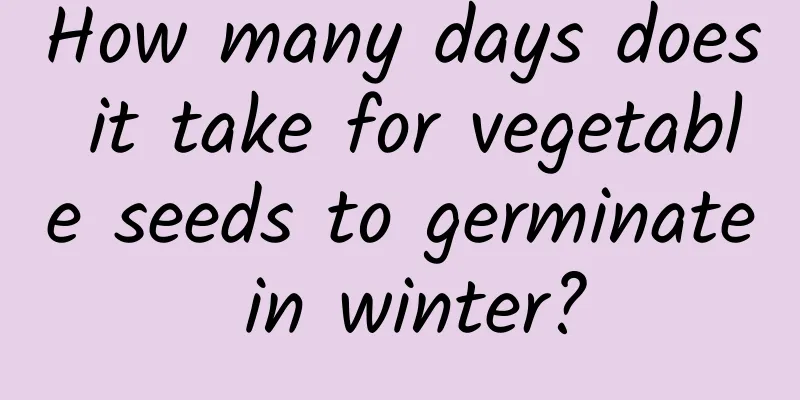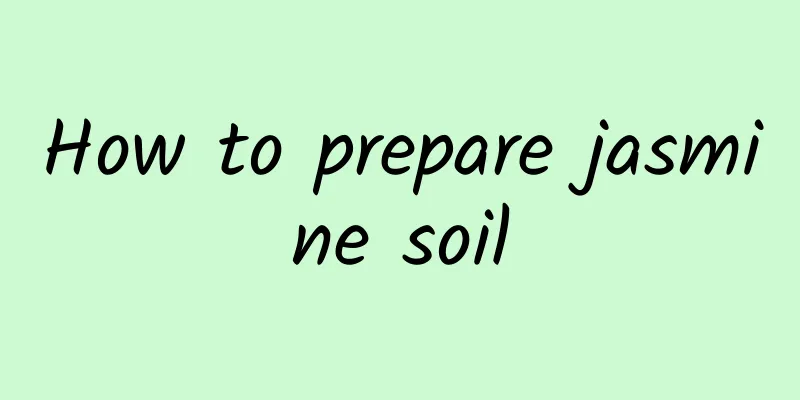How many years does it take for monk fruit to bear fruit?

Introduction to Growing Monk FruitMonk fruit generally grows in areas with an altitude of 300 to 1400. It is relatively shade-tolerant and prefers a moist, foggy and cool environment. It is commonly found under forests on hillsides and in moist areas by rivers. It is a short-day crop that only requires 7 to 8 hours of light a day. It requires a large temperature difference between day and night and an annual rainfall of about 1900 mm. It is suitable for planting in loose, fertile, well-drained, deep and moist soil. Luo Han Guo is not resistant to high temperature environment. When the ambient temperature is between 22-28 degrees, the vines grow rapidly. When the temperature is above 34 degrees, the plants grow poorly. It is not cold-resistant and the plants stop growing when the temperature is below 15 degrees. It is usually planted in spring and autumn, when the survival rate is slightly higher. The fruit of monk fruit planting for several yearsIf the monk fruit is planted directly as a seedling, as long as it is well cultivated and cared for, it can bear fruit in the same year, or it can bear fruit in the next year. The grafted monk fruit can bear fruit after one year of care. Why doesn't monk fruit bear fruit?The reason why Luo Han Guo does not bear fruit may be that too much nitrogen fertilizer is applied, the branches and leaves are lush, there is insufficient light, or it is difficult to bloom and bear fruit under strong exposure to sunlight. In addition, not enough phosphorus and potassium fertilizers are applied before the flowering period, and improper pruning will also affect the fruiting. Key points for planting monk fruitLuo Han Guo can be planted in spring with land preparation, with row spacing of 2 meters, plant spacing of 1.5 meters, and 30 cm deep holes dug. After planting, use miscellaneous wood as a support to build a large shed. Top dressing is required 4-5 times a year, combined with tillage and weeding. During the flowering period, male pollen can be scraped with a bamboo stick, and then gently applied to the female stigma with a brush dipped in male pollen. In winter, the low temperature requires covering with straw, and root nematode disease must be prevented and controlled in time. |
Recommend
Diseases and Pests of Blue Flower Dandelion and Their Control
Growth habits of blue snowflakes Blue snow flower...
Can Daphne koreana be placed in the bedroom?
one. Can it be placed in the bedroom: 1. No, it i...
How to transplant Christmas cactus into pots
Time to divide the pot of Christmas cactus Genera...
Cultivation methods and precautions of hard-leaved orchid
1. Soil It is best to use loose and fertile soil ...
The difference between cherries and cherries
1. Different appearance Although the two are simi...
Cultivation methods and precautions of bromeliad
Bromeliad is an ornamental plant that is relative...
How often should I water the longevity flower? Watering time and method
How often should I water the longevity flower? Wh...
What kind of pot should I use for potted creepers? Will it climb in a pot?
1. What basin to use When growing creeper in a po...
Can bougainvillea be placed in the bedroom?
1. Is it toxic? Farmers can rest assured that thi...
How long is the growth cycle of chives?
Introduction to Chive Growth Chives are suitable ...
Don’t throw away the pineapple peel after eating it. It can be used as fertilizer without any odor, and it can make your flowers grow rapidly and have lush green leaves!
Peeling the pineapple We usually buy peeled pinea...
How to care for newly bought cold orchids
1. How to deal with cold orchids after buying the...
Components of a tree
1. Root The roots are the nutritional organs of t...
Does bamboo prefer shade or sun?
Does bamboo prefer shade or sun? Moso bamboo is a...
When and how to change the soil of Golden Tiger Cactus
Time to change the soil of Golden Tiger Cactus It...









